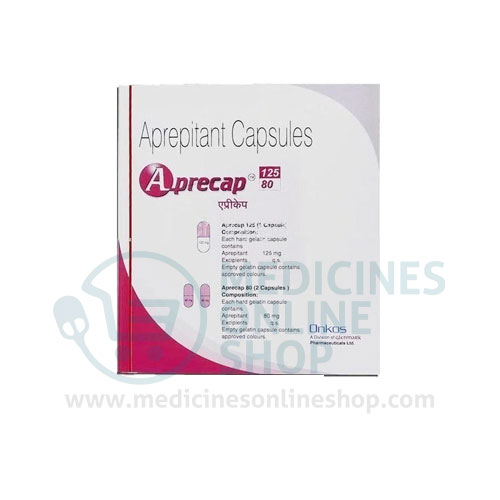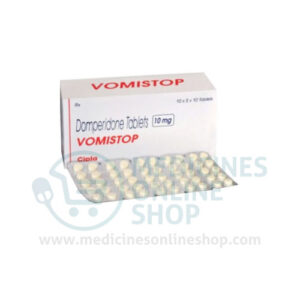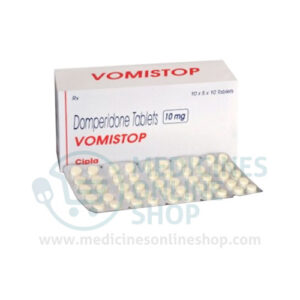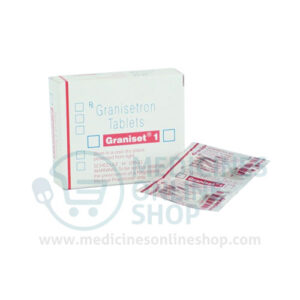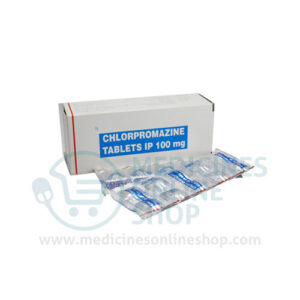Aprepitant Information
Pronunciation
ap RE pi tant
What is this drug used for?
• It is used to prevent upset stomach and throwing up.
Frequently reported side effects of this drug
• Loss of strength and energy
• Diarrhea
• Lack of appetite
• Abdominal pain
• Hiccups
• Constipation
• Headache
• Heartburn
Other side effects of this drug: Talk with your doctor right away if you have any of these signs of:
• Infection
• Severe dizziness
• Passing out
• Dry mouth
• Dry eyes
• Increased thirst
• Stevens-Johnson syndrome/toxic epidermal necrolysis like red, swollen, blistered, or peeling skin (with or without fever); red or irritated eyes; or sores in mouth, throat, nose, or eyes.
• Signs of a significant reaction like wheezing; chest tightness; fever; itching; bad cough; blue skin color; seizures; or swelling of face, lips, tongue, or throat.
Medication Safety Issues
Sound-alike/look-alike issues:
Aprepitant may be confused with fosaprepitant, fosnetupitant, netupitant, rolapitant
Aprepitant IV (Cinvanti) may be confused with fosaprepitant IV (Emend for injection)
Emend (aprepitant) oral capsule/suspension formulations may be confused with Emend for injection (fosaprepitant)
Storage and Stability
Injection: Store intact vials at 2°C to 8°C (36°F to 46°F) or at room temperature for up to 60 days; do not freeze. When stored at ambient room temperature, solutions diluted for infusion in NS are stable for 6 hours and solutions diluted for infusion in D5W are stable for 12 hours. When refrigerated, solutions diluted for infusion in NS or D5W are stable for 72 hours.
Capsules: Store at room temperature of 20°C to 25°C (68°F to 77°F).
Oral suspension: Store unopened pouch at 20°C to 25°C (68°F to 77°F); excursions permitted between 15°C to 30°C (59°F to 86°F). Store in the original container. Do not open pouch until ready to use. Once prepared, if suspension is not used immediately, store refrigerated (between [2°C to 8°C/36°F to 46°F]) for up to 72 hours. When ready to use, the mixture may be kept at room temperature (between [20°C to 25°C/68°F to 77°F]) for up to 3 hours.
Adverse Reactions
Adverse reactions may be reported in combination with other antiemetic agents. As reported for highly emetogenic cancer chemotherapy or moderately emetogenic cancer chemotherapy, unless otherwise noted as reported for postoperative nausea and vomiting (PONV).
Cardiovascular: Bradycardia (PONV), flushing, hypotension (PONV), palpitations, peripheral edema, syncope (PONV)
Central nervous system: Abnormal behavior (children & adolescents), agitation (children & adolescents), anxiety, dizziness, fatigue (more common in adults), headache (children & adolescents), hypoesthesia (PONV), hypothermia (PONV), malaise, peripheral neuropathy
Dermatologic: Alopecia, hyperhidrosis, pruritus, skin rash, urticaria
Endocrine & metabolic: Decreased serum albumin (PONV), decreased serum potassium (PONV), decreased serum sodium, dehydration, hot flash, hypokalemia, hypovolemia (PONV), increased serum glucose (PONV), weight loss
Gastrointestinal: Abdominal pain, constipation (PONV), decreased appetite, diarrhea, dyspepsia, dysgeusia, eructation, flatulence, gastritis, gastroesophageal reflux disease, hiccups, nausea, vomiting, xerostomia
Genitourinary: Proteinuria
Hematologic & oncologic: Anemia, decreased hemoglobin (children & adolescents), decreased white blood cell count, febrile neutropenia, hematoma (PONV), neutropenia (more common in children & adolescents), thrombocytopenia
Hepatic: Increased serum alanine aminotransferase, increased serum alkaline phosphatase, increased serum aspartate aminotransferase, increased serum bilirubin (PONV)
Infection: Candidiasis, postoperative infection (PONV)
Local: Induration at injection site, inflammation at injection site, infusion site reaction
Neuromuscular & skeletal: Asthenia, musculoskeletal pain
Renal: Increased blood urea nitrogen
Respiratory: Cough, dyspnea, hypoxia (PONV), oropharyngeal pain, pharyngitis, respiratory depression (PONV)
Miscellaneous: Wound dehiscence (PONV)
